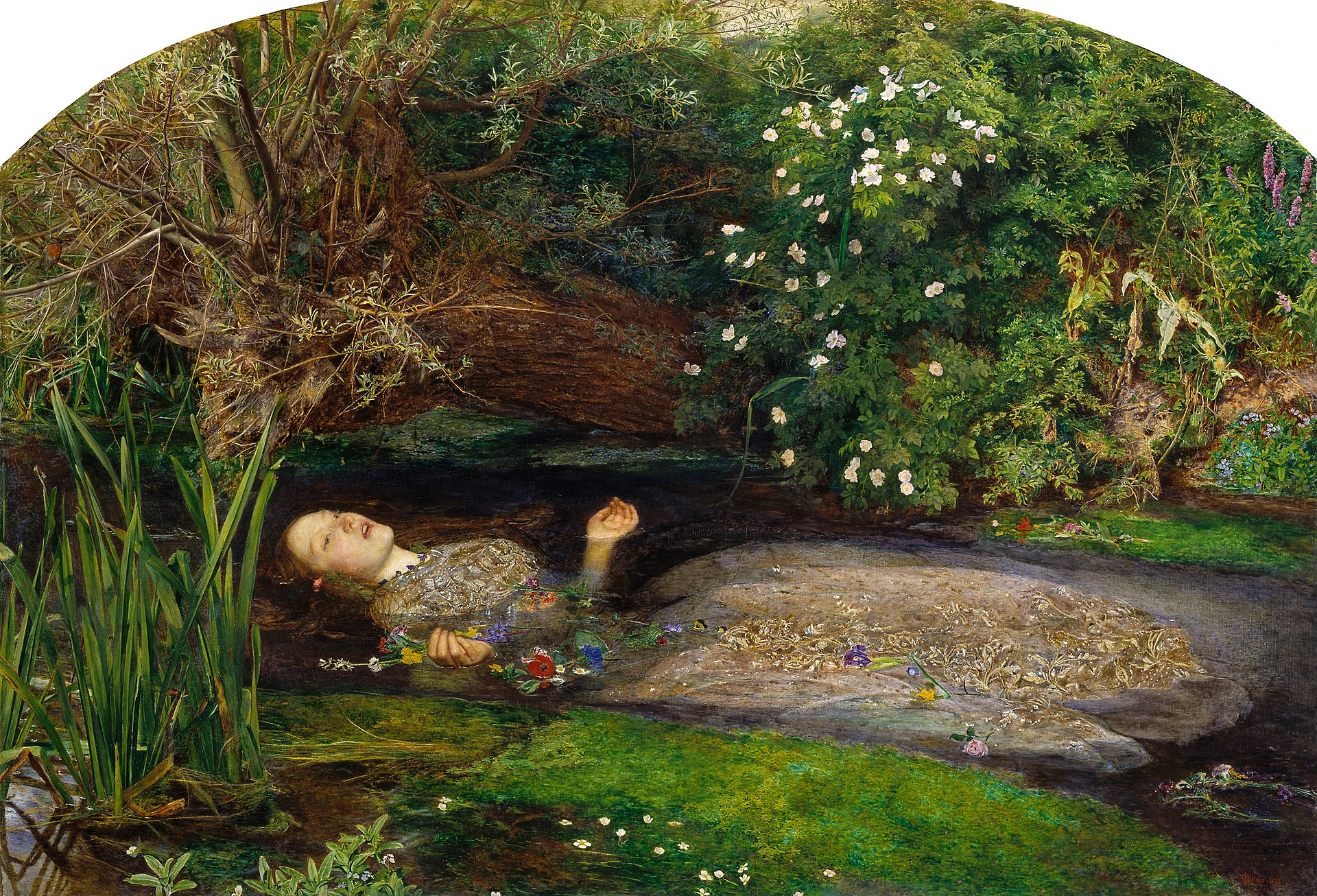We can say we knew him when. Author David Blixt has been around and commenting on Shakespeare Geek almost since its inception (I found this post from April 2008 to give you an idea). That’s a review of The Master of Verona, book one of his Star-Cross’d series.
And now he’s giving away 10 copies of the audiobook version to Shakespeare Geek readers!
Cangrande della Scala is everything a man should be. Daring. Ambitious. Charming. Brilliant. Ruthless. To the poet Dante – indeed, to the world – Cangrande is the ideal Renaissance prince.Until Dante’s son discovers a secret that could be Cangrande’s undoing.
Suddenly thrust into the schemes and betrayals surrounding Verona’s prince, Pietro Alighieri must navigate a rivalry that severs a friendship, divides a city, and sparks a feud that will produce Shakespeare’s famous star–crossed lovers, Romeo & Juliet!Based on the plays of William Shakespeare and the poetry of Dante, THE MASTER OF VERONA is a sweeping novel of Renaissance Italy. Filled with swashbuckling adventure, unrequited love, and brutal treachery, this epic journey recalls the best of Bernard Cornwell, Sharon Kay Penman, and Dorothy Dunnett.
We’re going simple with this one – just comment below if you want one! First come first served. Make sure you give the site a valid email address so we can email you back!
BONUS! If audiobooks aren’t your thing, the Kindle edition will be available for FREE on September 26th!
Everybody say it with me now, “Thank you, David!”



